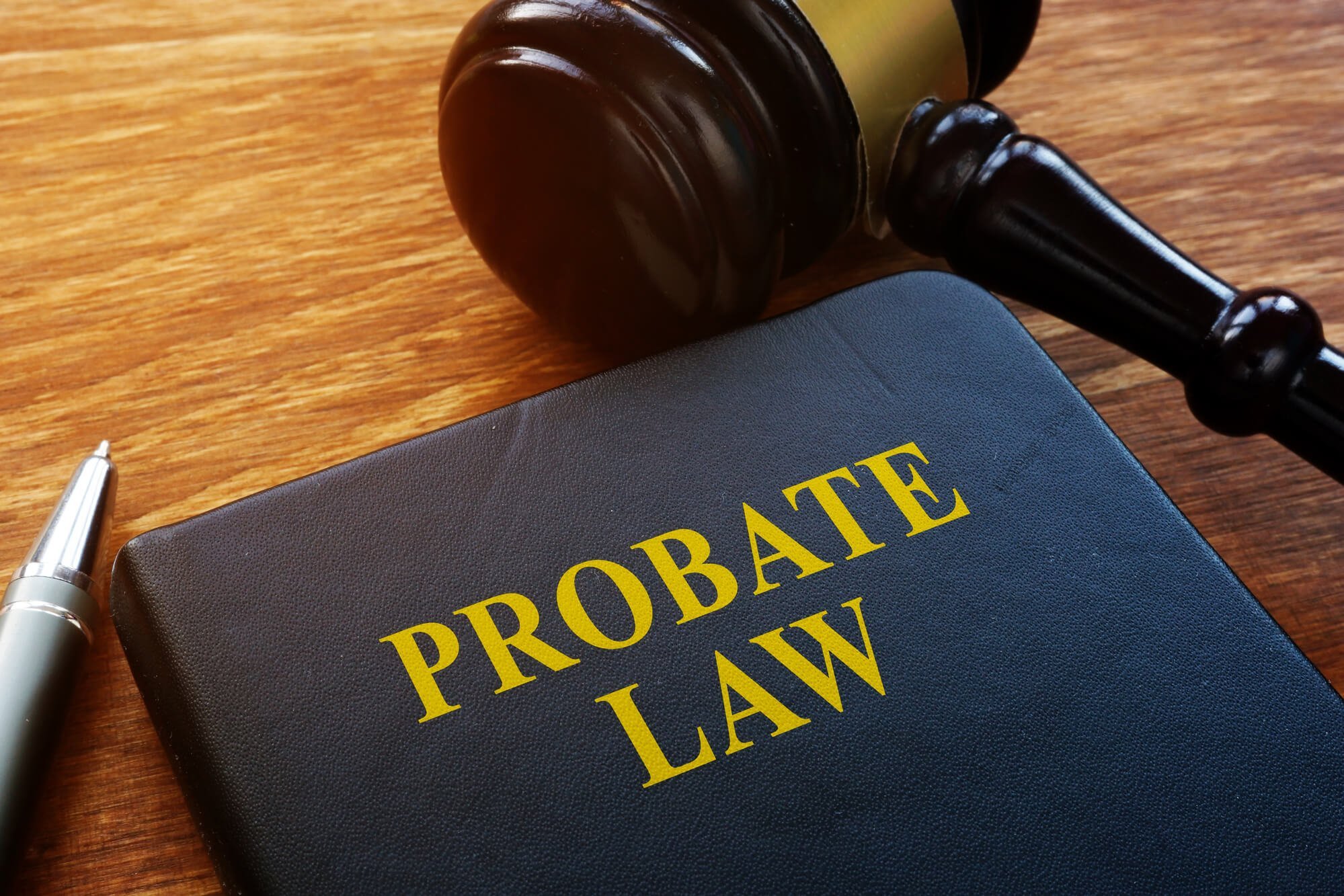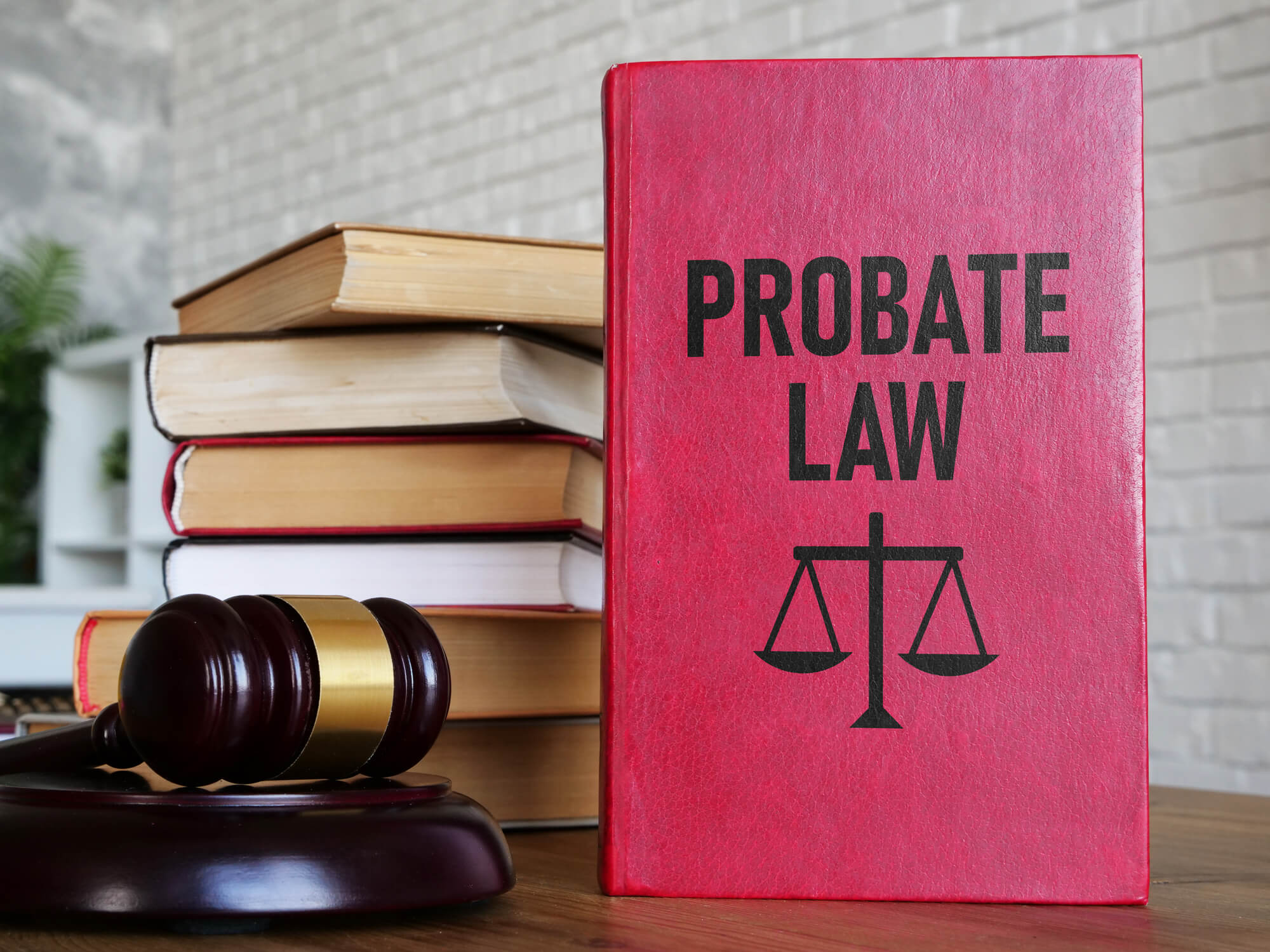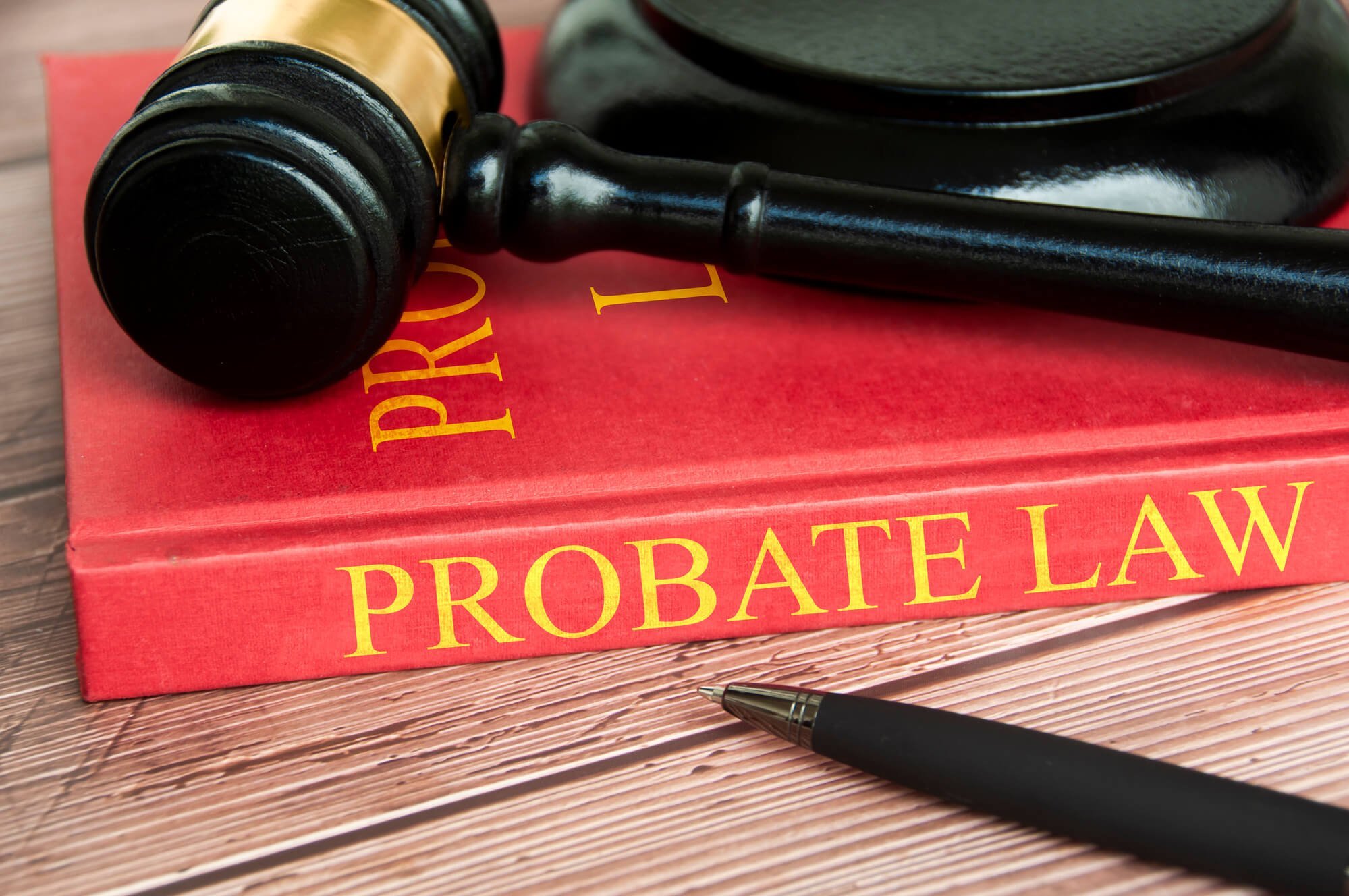Whenever a person dies, their property often goes to their heirs through the legal process called probate. But, if the property is owned as “tenants in common,” different inheritance rules may apply, which can be confusing. This article will examine how property passes under tenancy in common and whether probate is necessary.

Does probate apply to tenants in common?
If one of the tenants in common dies, it may be necessary to apply for a letter of probate to deal with their share of the property. The reason is that their share of the property is part of their estate and often goes to their loved ones or beneficiaries.
This is different from joint tenancy, which obeys the rules of survivorship. Under the joint tenancy system, the property transfers to the surviving joint tenant and does not count as part of the deceased’s estate.
But under the principle of tenancy in common, each owner can pass their share of the property to their loved ones, whether they leave a will or not. Still, there are some instances where probate may not apply to tenants in common. These include:
1. Where there is a living trust

A living trust is a legal arrangement that allows property owners to control what happens to their assets both while alive and after passing on. If one of the tenants in common creates a revocable living trust while they are alive, they can transfer their share of the property to the trust. This results in an appointed trustee being in charge of the property.
The tenant may even act as a trustee while they are alive, and when they die, a successor trustee takes over to manage the property on behalf of the trust beneficiaries. That way, there is no need to go to probate when the original trustee dies.
2. Where there is a change of ownership terms

Another common way people bypass the probate requirement for assets held as “tenants in common” is to convert the ownership arrangement to a joint tenancy with the right of survivorship. With this approach, the surviving co-owner or “tenant” automatically inherits the deceased’s share of the property without applying for probate. That said, note that a change of ownership terms can only be undertaken when all the co-tenants are alive.
While alive, one co-owner may give their share of the property as a gift to their chosen beneficiary. That way, the property does not form part of their estate, and there won’t be any need for probate when they die. However, before choosing this option, it is important to consider the tax implications and consult an estate planning attorney or tax advisor.

4. When there is a life estate deed
A life estate deed is a legal document that grants a life tenant (original owner of a property) the power to pass on the ownership of their property to another person (remainderman) after passing away without including it in a will. With this document, one co-owner can make an irrevocable transfer of their share of a property (co-owned in a tenancy in common system) to the other tenant who shares the ownership with them.
This arrangement allows the life tenant to use the property while alive. However, the property automatically passes to the other tenant (remainderman) without the need for probate once they die. Below is a typical illustration of how this legal arrangement can apply to assets owned as “tenants in common.”

Helen, a widowed 80 years old homeowner who can no longer live alone, invited Michael, her son, to keep her company. A few months after, she created a life estate agreement with her son. By law, the deed gives Helen and Michael co-ownership of the house. A year after completing the life estate deed, Helen passed on, and the homeownership was automatically transferred to Michael without the need for probate.
If you co-own a property as a tenant in common, it is important to understand the probate implications. Probate is generally needed to transfer a deceased co-owners share of the property to their beneficiaries. However, some legal strategies, like a living trust, life estate deed, and gifting the property, can help with bypassing the need for probate. Consulting with an expert estate planning attorney can help with personalized advice and guidance for your situation.











